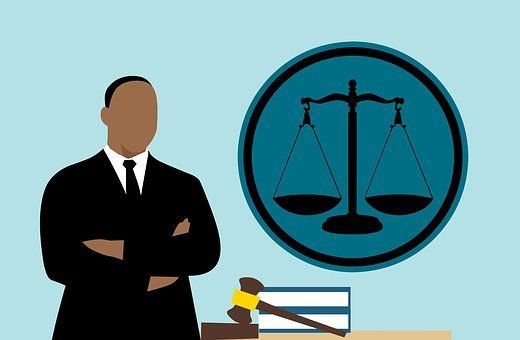The Court was hearing Naidu’s plea to quash the first information report (FIR) registered against him in the Andhra Pradesh skill development scam.
On Monday, the Supreme Court expressed its reservations about the broad interpretation of the provision within the Prevention of Corruption Act that mandates prior authorization for the investigation of a public servant.
A bench comprising Justices Aniruddha Bose and Bela M. Trivedi was hearing a petition by N Chandrababu Naidu seeking to quash the first information report (FIR) filed against him in the Andhra Pradesh skill development scandal.
Justice Trivedi, while referring to the necessity of obtaining prior sanction before investigating any alleged wrongdoing by a public servant, remarked, “The objective of the Act is to prevent corruption, so the interpretation of Section 17A should not undermine the Act’s purpose.”
This observation came in response to arguments presented by Naidu’s counsel, Senior Advocate Harish Salve, who contended that Section 17A should be adhered to at all stages, including the investigation phase. Salve maintained that “Section 17A reinforces the Act itself” by safeguarding the officer and ensuring a fair investigation.
Salve further pointed out, “Parliament has retrospectively endorsed this [Section 17A] and mandated that permission must be sought even in cases involving former public servants. The legislature was aware that it was enacting this law to investigate very preliminary matters.”
Justice Bose also highlighted additional circumstantial evidence in favor of Naidu during the proceedings. The Court is set to continue hearings on this case on Tuesday.
In the course of the hearing, Justice Trivedi also expressed reservations about the feasibility of caveat applications in criminal cases.



